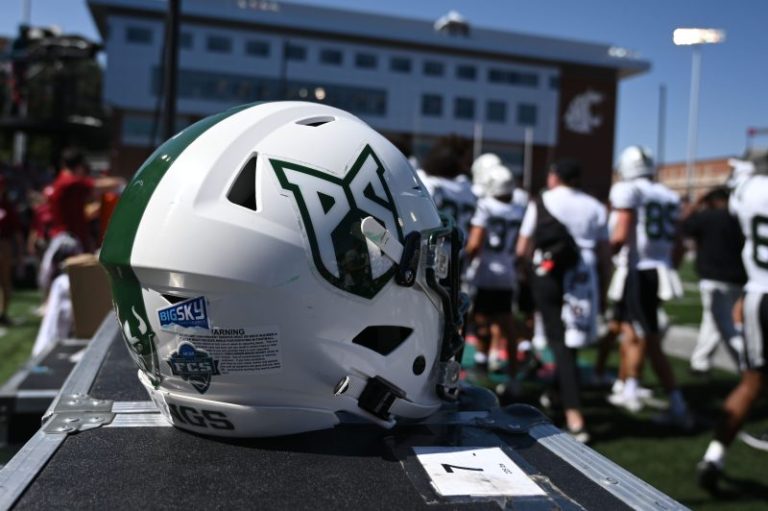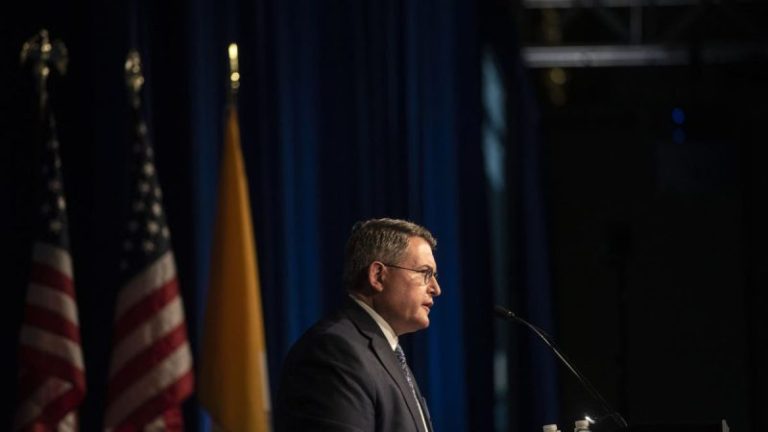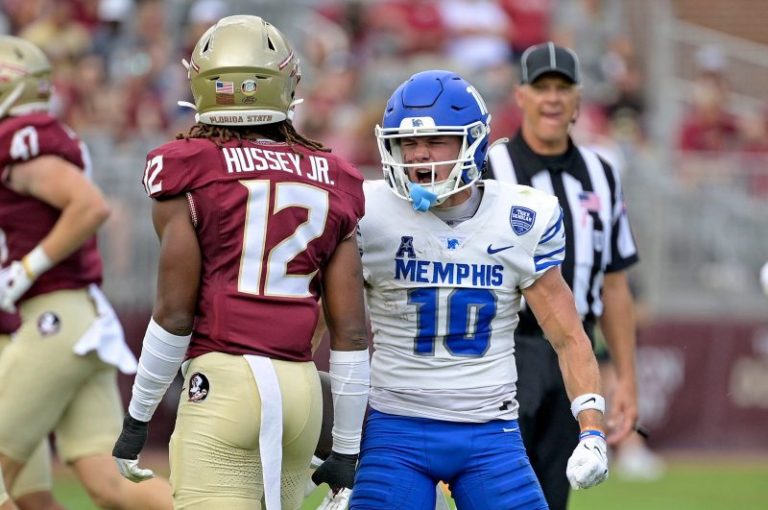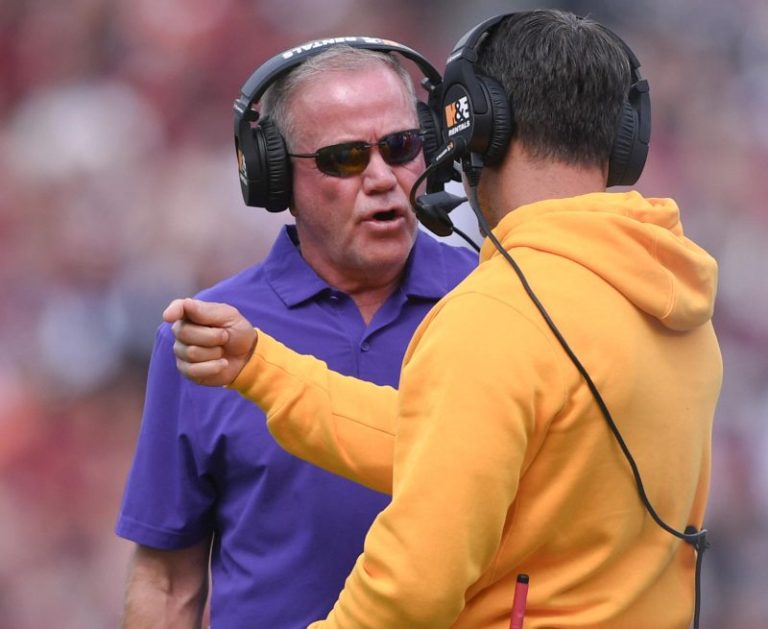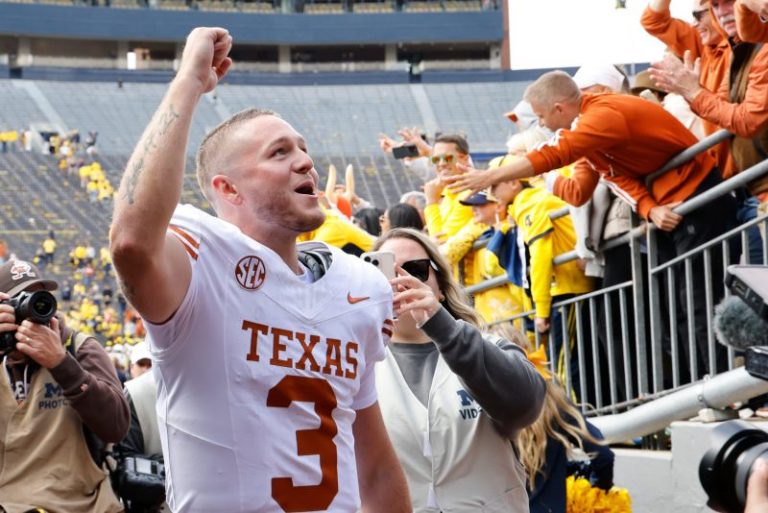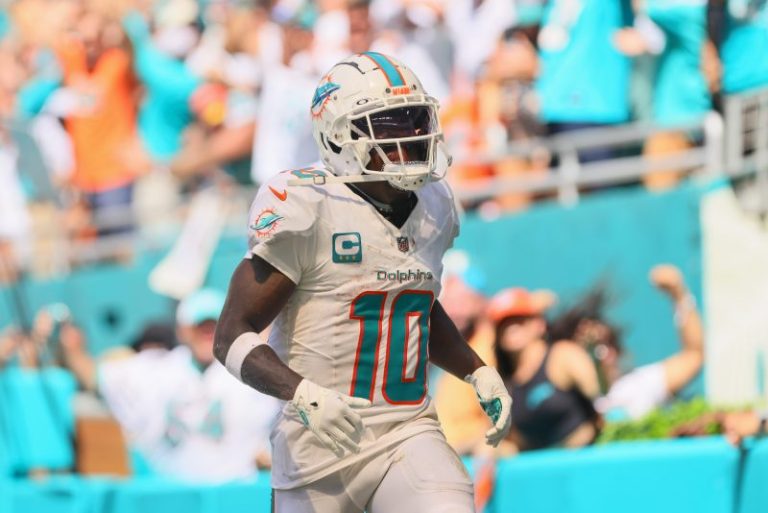It’s mid-September and Year 3 of Major League Baseball’s expanded playoff format, a tournament that only deepened the degree of volatility when it comes to crowning pennant winners and World Series champions.
And with that has come a moderate overreaction to a two-year sample size that may prove aberrational.
In both 2022 and 2023, the No. 3 wild card from the National League – the last team in the field, in essence – has ridden a hot streak all the way to the World Series. The defending World Series champion Texas Rangers emerged from the wild-card round, as well.
And with that surprise success has come a school of thought that it’s better to be relegated to the best-of-three wild-card series, that having to win two more games is a more favorable position than an automatic berth in the Division Series – and the five-day, potentially rhythm-wrecking break that comes with it.
Yet the fascination with the 83-win Diamondbacks and the 87-win Phillies runs to NL pennants ignores several key factors.
Follow every MLB game: Latest MLB scores, stats, schedules and standings.
Most notably: Simple math. Would you rather have to win five games to advance to the League Championship Series, or three? A chance to come back from a 2-0 or 2-1 deficit or end your season at that point?
And the obsession with wild-card winners prevailing in later rounds ignores the fact that for every October Cinderella, another team is packing its bags barely 48 hours after arrival at the postseason ball.
“After 162 games, any kind of day off you can give your body is beneficial. I just don’t really buy into the hot team – good teams are going to win, period,” says Rays starter Zack Littell, whose club was on the wrong end of 2-0 wild-card round sweeps each of the past two years. “I don’t think three days, five days off after you just played 162 will matter – it’s not like coming into spring training where you just had four months off and re-learn to play together. Five days that you’re still with each other, still coming to the yard.
“I don’t buy into five days off all of a sudden changing your ability to play competitive baseball.”
‘It can end pretty quick’
There’s a larger sample size that suggests relegation to the wild-card series essentially reduces your season to one must-win game, despite the best-of-three format. Game 1 winners have won all eight wild-card series, seven of them in sweeps, with only the 2022 New York Mets taking Game 2 off the Padres before falling in Game 3.
Given the chaotic circumstances for many wild-card entrants – battling down to the last weekend of the season, often pursuing multiple lanes into the tournament – it can end in a hurry.
The Miami Marlins secured their playoff berth in Pittsburgh on the penultimate day of the 2023 season – same as the Diamondbacks – and were matched with fellow wild-card entrant Philadelphia. But that’s only after having to wait and see if they’d need to make up a suspended game in New York on the off day before the playoffs.
Instead, they hopped across Pennsylvania for their wild-card matchup at Philadelphia – and fell 4-1 and 7-1.
“With the current format, there’s all the sitting, but it’s a chance for guys to get their bodies right,” says Marlins infielder Jake Burger. “For us, you’re going into Philadelphia after 162 games, trying to get into that playoff mindset. You have that urgency to try and win Game 1, but a lot of this game is about momentum.
“When you have three games vs. five, it’s tough to flip that momentum at times.”
The Rays know that well.
In 2022, their pitchers were beyond heroic in Cleveland, pitching 23 innings and posting zeroes in 21 of them. Yet two swings of the bat – one from Jose Ramirez, the other Oscar Gonzalez – produced 2-1 and 1-0 Guardians victories and some early tee times for Tampa Bay.
Last year, the Rangers got hot at their expense, coming into Tropicana Field and winning 4-0 and 7-1 to end the Rays’ season and launch a seven-game postseason winning streak. And in consecutive years, staying active did little to rouse the Rays.
“Postseason baseball is cool. It’s exciting, but it can end pretty quick,” says Rays reliever Garrett Cleavinger, who pitched in both 2022 games at Cleveland and has pondered how resting teams might avoid rust. “It’s a tough one to balance. You don’t want to keep redlining it if you don’t have to. If you get a couple days off and get some guys rested, that’s probably a good thing.
“But you want people to stay sharp, too. It’s tough for teams to balance both ways.”
Matchup game
Yet make no mistake: There’s just one primary goal for contenders down the stretch.
“Everybody’s mindset in here is win the division,” says Orioles starter Zach Eflin. “I don’t think there’s any scenario in the game of baseball where we shy away from that.”
Eflin is headed to his third straight postseason, playing a key relief role for the ’22 Phillies and starting, and losing, Game 2 for the Rays last season. He’ll likely be a Game 2 starter behind Corbin Burnes for these Orioles, who trail the Yankees by two games in the AL East.
Whether that’s in the wild-card series or ALDS will be determined in the final two weeks. The Orioles epitomized the “rust” concept in the ’23 ALDS, getting steamrolled by the Rangers in three games.
“In Philly in ’22, it was perfect for us to continue playing baseball. We got hot at the end of the year and just kept going,” says Eflin. “With the Rays, we just faced an extremely hot (Texas) team. They were barreling balls up, came here to Baltimore and kept doing it.”
Looking for a dark horse to emerge as that hot team in ’24? Well, don’t necessarily look for clues in these final two weeks. Eflin’s ’22 Phillies were just 14-14 the season’s final month and lost 10 of 13 in late September to imperil their playoff hopes before winning four of five for their 87th win.
And while the ’23 Diamondbacks enjoyed a 15-8 September, they lost their last four games, one of them after their playoff berth was ensured.
Perhaps it’s more instructive to view the compromised opponent as potential springboard. Arizona received a huge break before its wild-card series when Milwaukee Brewers started Brandon Woodruff was declared out with a shoulder injury that would require surgery; the stunned Brewers never recovered.
And in the NLDS, the Dodgers were similarly out of pitching, with Game 1 starter Clayton Kershaw requiring shoulder surgery after the season, but not before the D-backs jumped him for six runs in the first inning; they outscored L.A. 19-6 in the three-game sweep.
Arizona rode that wave all the way to Game 5 of the World Series. So perhaps that’s the blinking light we should look for – not the team bound to be rusty but a No. 3 wild card that had to play hard all the way into October and finds favorable matchups in the postseason.
Then again, it’s just the third year of the mega-playoffs. October will determine if this is the year for the revenge of the rested.
“There’s no crystal ball answer,” says Rays manager Kevin Cash. “The priority is to get in, do anything you can to get in.
“And maybe let the momentum of a strong month carry a little bit farther than what you would have thought.”
This post appeared first on USA TODAY

